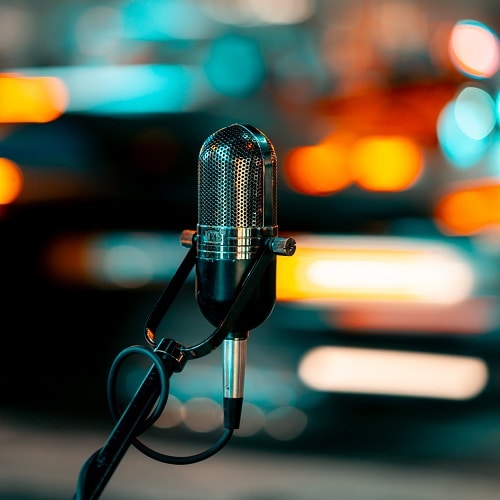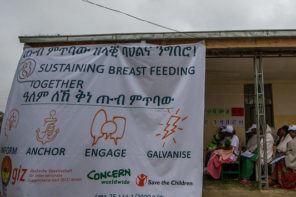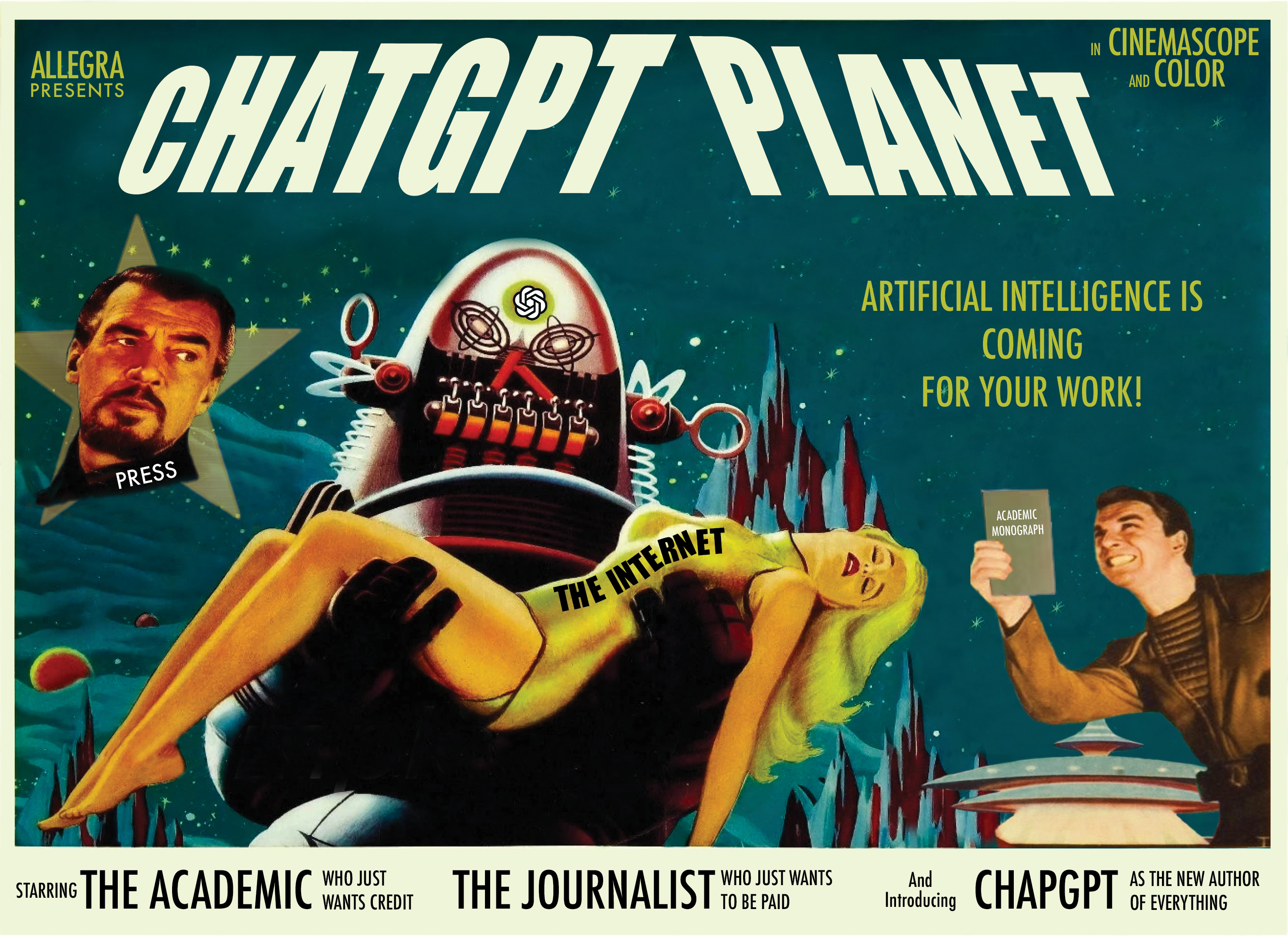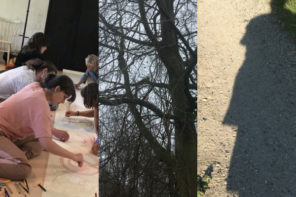Are you an anthropologist considering podcasting? Then this post is for you 🙂
Sound is widely accessible, it conveys nuances of emotion, atmosphere and tensions in ways that are onerous with text, and currently podcasts are fairly democratic as a medium – i.e. free to self-publish for anyone with access to a recording device and the internet.
There are plenty of resources online (for instance CEU Podcasts) and nothing like learning by doing as long as you have the technical and ethical principles in hand. I will cover some of the basics here.
Ethical
When planning a podcast there are a couple of press ethics issues to be aware of. Product placement and other ‘in-text’ advertising will undermine the trust of your listeners in your content, regardless of the regulations in your country. Some people monetise podcasts, in which case clearly demarcated adverts in a different voice are okay, although tedious for your listeners. Also, be careful not to say negative things about other people, whether colleagues or research participants, podcasts which may go on radio must pass the ethical standards of broadcast media, and negative statements about specific people (or groups, but I shouldn’t need to mention that to anthropologists) are not ok, unless the specific people get the chance to respond. If your podcast is in an interview format you as the presenter must rein in your guest or make a note about editing out inappropriate content (e.g. ‘My students are so stupid’ or ‘x department chair accepted money to hire y’). Podcasting is in a space between traditional broadcast media and social media, and much more of a public statement than a private conversation.
If you are using material from fieldwork in your podcast then anonymity may be an issue. Not including a name is NOT enough to anonymise a person whose voice is being recorded. Even if it is in a rare language, or the people you work with are not online, the internet is global, and even without AI voice recognition, a human being can recognise a voice with a high level of precision, and every government/intelligence service is online. So any direct interview excerpts need a different level of consent to other research material. Alternatively there are two main options: distorting the voice in an editing programme (but you need to know what you are doing so that it cannot be easily reversed) or using another voice to record the quote. Any qualms you may have about using a narrative voice in Russian when the quote was Uyghur is between you and your ethnographic conscience. All I would say is consider your audience.
As always when it comes to ethics, this is not a comprehensive overview, just a few potential pitfalls to be aware of.
Technical
To make a podcast you do need a bit of equipment, but it is a low threshold, and many anthropologists have sound recording equipment already. If your recorder is of the quality of a zoom H1 or above (with a wind shield – the fluffy black cover for the microphone part), then it can record at broadcastable quality. The volume ought to be between -12 and -24 dB (as seen on the screen of the recorder), around -16 is good. A new sound recorder shouldn’t cost much more than 100 euros (I don’t know what prices are like outside of Europe – apparently they are more expensive in Brazil? If so I guess be in Sao Paulo and get the department to pay for it?) and should last a long time. Go for rechargeable batteries.
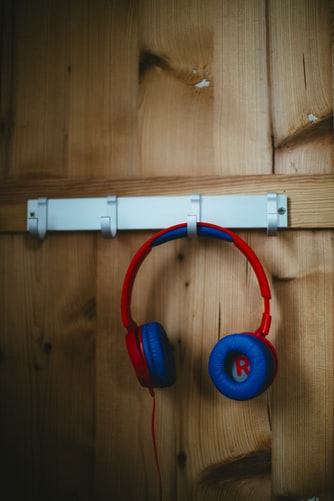
Image by Markus Spiske (courtesy of Unsplash.com).
Unlike with research recordings, the sound environment matters in a podcast. Dogs barking, predators howling, the crackle of the fire (yes, I did village fieldwork), are atmospheric – the neighbours quarrelling perhaps less so (and tricky consent-wise). Any even sound such as a fridge or a motorway can be removed in editing, but a rule of thumb is to always do what you can to minimise the need to edit. Sounds such as rustling paper or a tapping pen and banging on a table can be really frustrating to edit out of a sound file without losing the content. So make sure to listen for these sounds – and always use headphones! It can be just ear buds, but you really need to know if the battery is dead, the SD card full or some other unexpected factor meaning you lose the recording or the sound is unusable.
Once you’ve got your brilliant material recorded, Audacity is a free editing programme available on all operating systems. The resources linked to above are helpful on editing in Audacity. You can spend your life editing sound, so I’d advise spending time on prep so as to minimise the need to edit.
You can use your own voice for the intro (remember to include your name, the name of the podcast and important overview information at the start and end), and narration. A podcast is not like field notes, you are telling a story. The story can be an ethnographic vignette, as long as it has clear narrative structure or at least a heavy dose of atmosphere and some conflict. Remember, you can hear emotion in a voice, and this works several ways – your audience can hear if you are sad, or having a bad day. Somewhere I have a minidisc with material from after my class had just visited Auschwitz when we were 16, and you can hear strong emotions in the voices of the classmates I was interviewing. However, make the bad stuff interesting, through humour, a narrative structure, conflict, (described) images or a mystery which you reveal the solution to towards the end of the program.
In audio it is not possible for someone to scan and skip forwards, so you must keep an even quality of content. Podcasts are typically 20-40 minutes long, but could easily be shorter than that. If you have 10 minutes of great material perhaps all you need is a little intro and outro to bracket it and it’s ready to go. If you want to be really fancy you can can make a jingle, but watch out for copyrighted music – use sounds or music from freesound.org and check the license.
A podcast or series of programmes can go online once you have it ready, if you fulfil the requirements of iTunes it will be possible to spread it via the RSS link of where you have it (for instance on your or your institutional website) to Podtail, Podbean, Player.fm etc etc. Watch out for Spotify, they appear to be moving towards closed ownership of podcasts, which are not openly available on other apps and sites. You can also consider broadcasting them on a local radio station, either at your fieldsite or near your institution as another way to disseminate the content.
As with any medium, listening to others doing it is a good way to learn how to do it well. A few examples of high quality content are the Mothers of Invention podcast (about climate change), and Invisibilia (made by NPR, with a narrative voice and quotes from interviews). These are resource-intensive productions but helpful for inspiration as to how things can be done.
You may find that voice is more satisfying than the written word – it is consumed differently as well – and there is an ease to talking which I find feels less like work 🙂 But it’s not for everyone.
If you come across a brilliant feminist podcast, or just a cool podcast made by someone who isn’t a cis man, wherever you are in the world, please do send the tip along to me at redaktor@radiorakel.no
Have fun!
Featured image by Sunyu Kim (courtesy of Unsplash.com).

